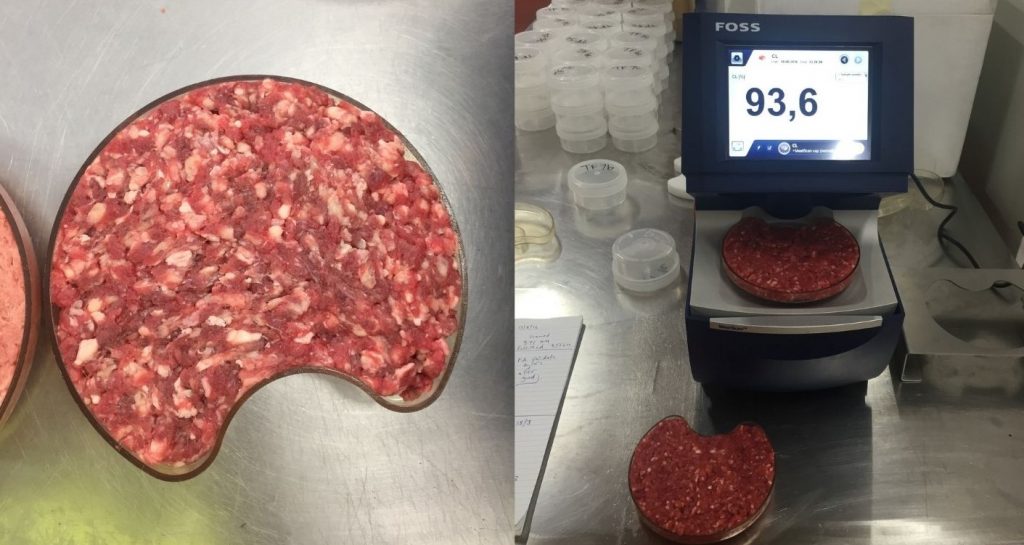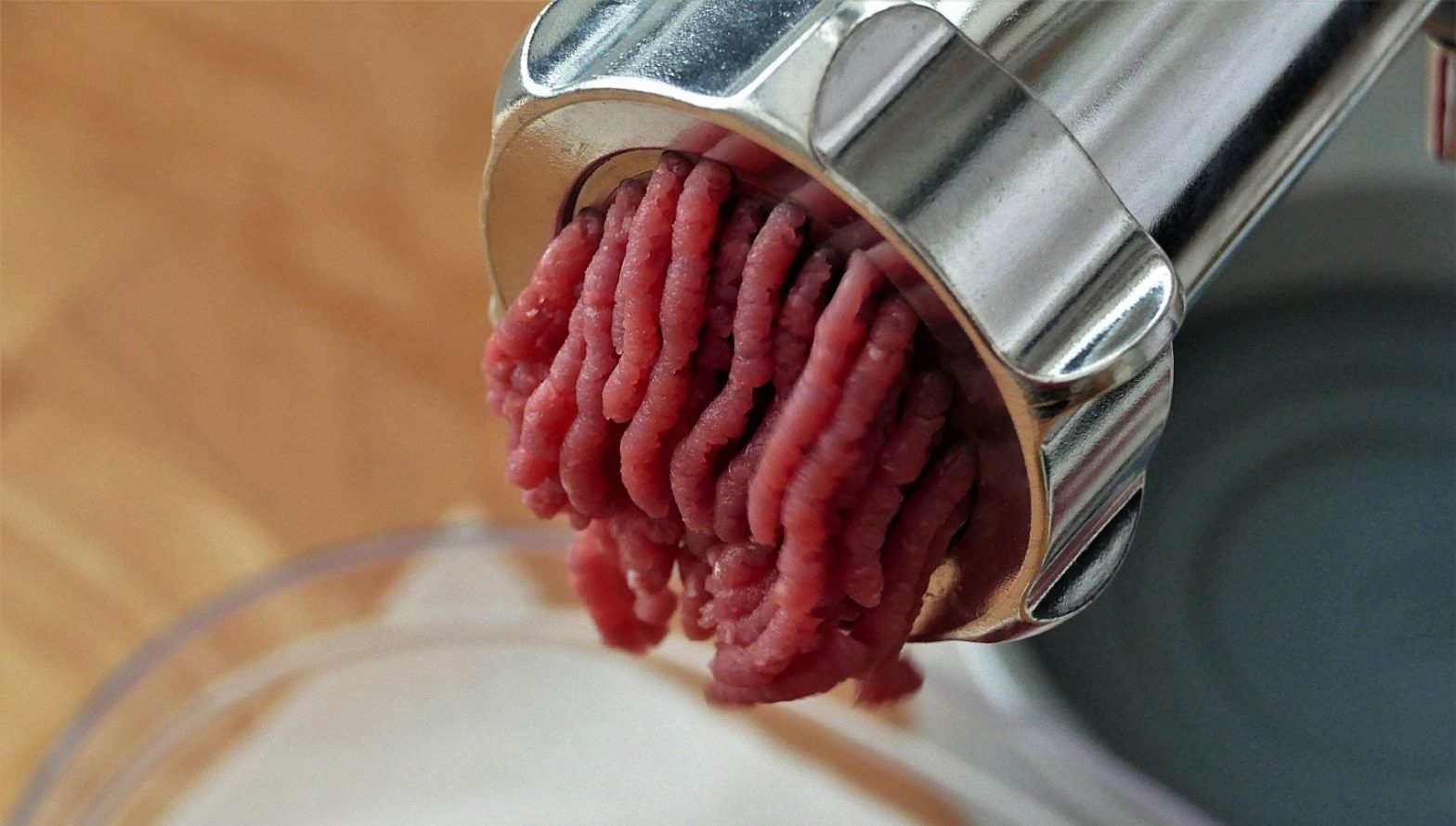For the Australian meat industry, the purchase and upkeep of specialist equipment can have a major impact on the bottom line. When chemical lean testing is a meat inspection process that only needs to be completed once or twice a year, it’s unsurprising that many meat processors are looking to hire rather than to buy. Not only is it more cost efficient to rent this kind of equipment, it also eliminates the need for servicing and maintenance.
The good news is that FPE can now offer chemical lean testing equipment for hire in Australia and New Zealand. Read on to find out everything you need to know about chemical lean and the cost to hire testing equipment from FPE.
Overview
- Chemical lean definition
- Chemical lean testing equipment for hire
- How to use the equipment
- Hire costs
Chemical Lean Definition
‘Chemical lean’ (CL) tells you the amount of lean meat vs fat in a red meat product. It’s mandatory to determine chemical lean via an approved method for any Australian red meat export.
“Presently, there are fifteen AUS-MEAT approved methods for CL analysis, ranging from classical wet chemical techniques, to moisture determination using microwave ovens, as well as specific instrumentally based techniques.”
Visual lean vs chemical lean
Prior to the introduction of chemical lean, fat analysis inspection was done visually. In other words, the amount of lean meat as opposed to fat content was determined by making a visual assessment of the red meat sample.
Chemical lean testing equipment for hire
FPE now has a chemical lean test rig available for rent that features the following equipment:
- Thompson 40kg Mincer/Mixer (available with 4mm, 5mm, 8mm or 10mm grind plates)
- Foss MeatScan (benchtop NIR CL measurement device)
The MeatScan is based on diode array technology. The instrument can be remotely monitored and updated via Mosaic internet networking software. The software can be installed on a standard office PC. Mosaic will automatically check and notify the user when updates are available for download to the instrument.
Foss MeatScan features & benefits:
- Accurate, reliable meat analysis
- No chemicals or costs for consumables
- On-the-spot fat analysis whenever you want it
- Rapid and easy-to-use, providing results in two minutes
- No waiting for results from an external lab
- Unique internet connection ensures that the system is always up to date
- Ready-made global calibration for fat in meat and meat products
The process: how to use the equipment
The Thompson Mincer/Mixer is used to prepare your red meat sample(s), while the Foss MeatScan measures the CL of the sample(s).
The rig is ideal for calibrating your Eagle PI or any other X-Ray you have measuring CL. This is a cost-effective way to “check” and validate your in-house chemical lean testing.
The process is as follows:
- A carton of beef (27.2kg) is measured for chemical lean through the Eagle X-Ray (or equivalent)
- The carton is then minced with the Thompson Mincer/Mixer
- The minced product is turned into samples the size of a burger and placed into a plastic dish
- The samples are then measured for CL using the Foss MeatScan
- The Foss MeatScan chemical lean of the samples should equal the original CL of the entire carton
This is a certified AUS-MEAT testing procedure, the full details of which are supplied with the test rig.

Hire costs
At the time of writing, hire costs are $150 for CL calculation per carton processed, plus freight. So for a 7 carton calibration, for example, the cost would be $1,050 + GST (hire charge) + return freight.
If you have any questions at all about chemical lean testing, our equipment for hire or anything else you’ve read in this blog post, contact FPE today or call Stuart Hincksman on 0439 689 600.






